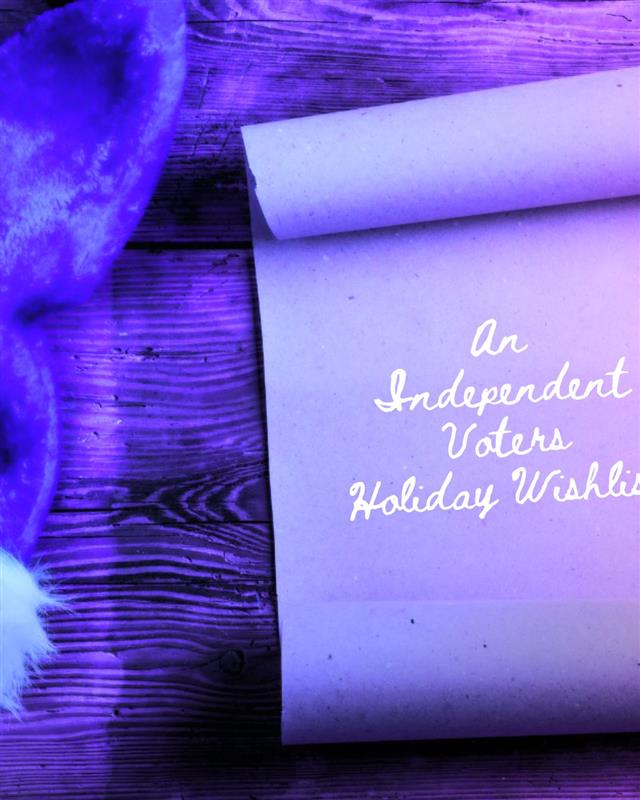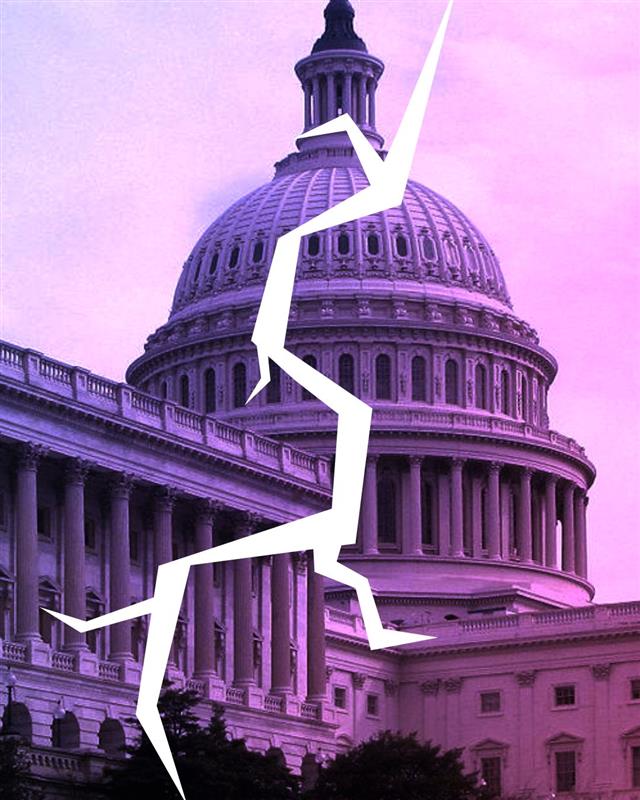The emergence of new social media platforms is vital for independent voters, as we seek news and information that isn't aligned with either the left or the right.
The Big Picture
The 2024 election cycle changed the digital media landscape. With $11 billion spent on political advertising—the most expensive election ever—candidates relied more than ever on digital platforms to reach voters.
While traditional media (cable TV) remained the largest ad spend category, Google and social media platforms set new records. However, how voters consume information is shifting rapidly.
For the past three election cycles, voters have relied heavily on X/Twitter, Facebook, and Google for political news and advertising. But Election 2024 saw a new shift:
- New media platforms (YouTube, podcasts, Discord, Twitch, and Substack) grew in influence.
- Algorithm-driven social media (Facebook, X/Twitter) lost trust and engagement.
- Traditional social media became echo chambers, while new platforms encouraged more diverse engagement.
For independent voters, this shift is critical. It allows us to break free from partisan-driven algorithms and access a broader range of news and perspectives.
Zooming In
Peak Saturation and Perceived Bias
Traditional social media platforms faced serious challenges in the 2024 election cycle, including:
- Over-saturation: Campaigns, especially the Harris campaign, flooded social media with content and ads. Generative AI made personalized political messaging nearly inescapable.
- Echo Chambers: Algorithm-driven platforms reinforce users' biases, showing content that aligns with their views and limiting exposure to opposing perspectives.
- Self-Censorship: Fear of deplatforming or social backlash caused users to curate their opinions—reducing open discussion.
- Loss of Trust: X/Twitter shifted from left to right under Elon Musk, and Facebook’s algorithm manipulation became more widely acknowledged. These shifts deepened public distrust.
Polling from the Independent Center highlights this shift:
- 44% of respondents get political news from traditional social media.
- 39% get news from YouTube, showing streaming platforms are gaining ground.
- A growing segment of voters feel mainstream social media is biased and are seeking alternative platforms.
These challenges hit independent voters the hardest, as they look to both left- and right-leaning sources for a fuller picture of political news.
The Rise of New Media
Voters are moving away from traditional social media and toward more direct, interactive platforms.
New platforms like Discord, Twitch, and Reddit offer unfiltered discussions and fewer algorithm-driven biases. These platforms are growing rapidly, especially among younger voters:
- Discord engages hundreds of millions of users, reaching 35% of Gen Z.
- Twitch has 200 million unique viewers per month, expanding beyond gaming to cover news and politics.
- Reddit now has 50 million daily U.S. users, with 44% of 18-29-year-olds using the platform.
These platforms offer low tolerance for traditional political ads and favor authentic conversations and direct engagement.
Podcasts and independent YouTube channels have also surged in influence:
- Joe Rogan’s Trump interview highlighted how podcasting is shaping political discourse.
- Thousands of new voices have entered political commentary, challenging the dominance of mainstream media.
- In-app engagement within gaming and lifestyle apps is emerging as a new way to reach voters without relying on algorithmic targeting.
This shift fundamentally changes how independent voters engage with political content.
Independent Lens
The rise of new media is a game-changer for independent voters.
- Independent voters seek a balance—but algorithm-driven social media fails to provide it.
- Echo chambers limit real debate, making it harder for independents to hear both sides of an issue.
- New platforms (YouTube, podcasts, Reddit, Twitch) give independent voters more control over their media consumption.
The 2024 election cycle marked the turning point—the 2026 midterms will fully embrace this new media landscape.
As social media evolves, independent voters will continue to drive demand for authentic, unfiltered political content.
Subscribe to our newsletter to stay updated on how media shifts are shaping independent voter engagement.




%201.jpg)
